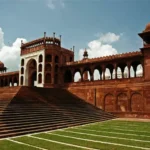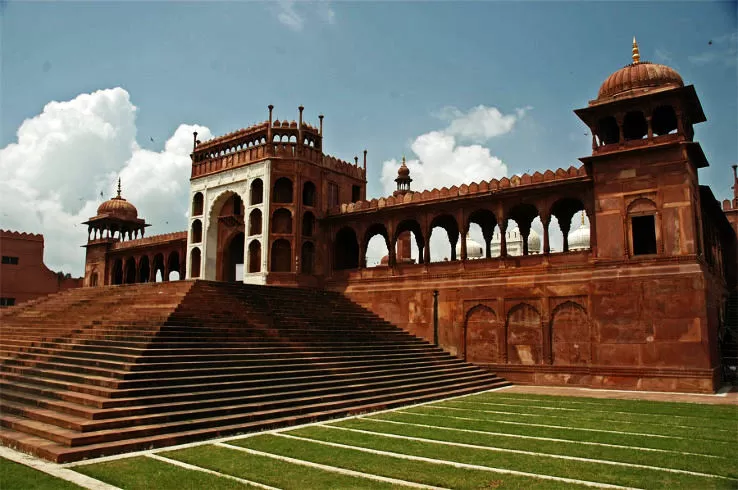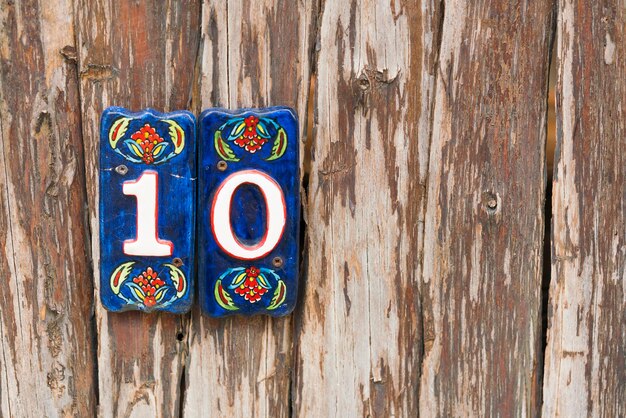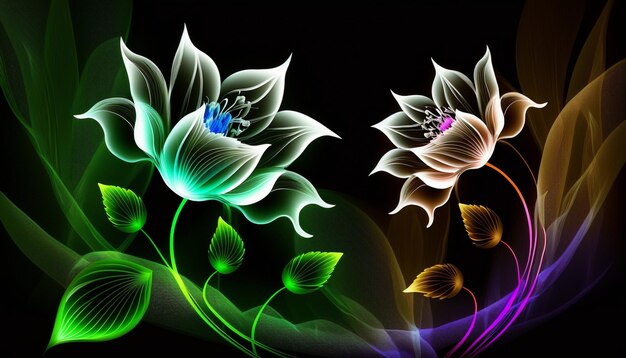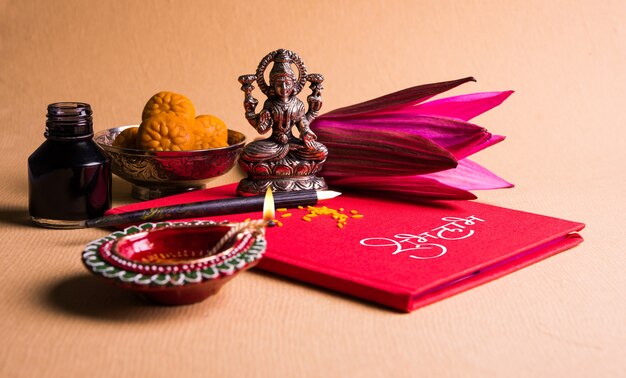Muzaffarnagar, a bustling city in the state of Uttar Pradesh, holds a unique place in India’s historical and cultural tapestry. Known for its vibrant agricultural landscape and historical significance, this city has evolved over time while preserving its rich heritage. In this article, we’ll delve into the many facets of Muzaffarnagar, including its historical background, economic development, and cultural richness.
Historical Significance of Muzaffarnagar
Muzaffarnagar, named after its founder, Muzaffar Khan, dates back to the 17th century. It has seen various rulers and dynasties come and go, each contributing to the city’s distinct cultural blend. During the Mughal era, Muzaffarnagar was a prominent center of trade and commerce. Over the centuries, the city has grown into a thriving metropolis with a balanced mix of old-world charm and modern amenities.
Geography and Location of Muzaffarnagar
Situated in the western part of Uttar Pradesh, Muzaffarnagar lies near the Ganges River. Its strategic location, close to major cities like Delhi, Meerut, and Haridwar, has made it an important commercial hub. The city is well-connected by road, rail, and air, making it easily accessible for both locals and tourists. Its proximity to Delhi, the national capital, enhances its importance as an economic and cultural center in the region.
Economy of Muzaffarnagar: Agriculture and Industry
Muzaffarnagar’s economy is primarily driven by agriculture. The fertile land around the city supports the cultivation of sugarcane, wheat, and rice. In fact, Muzaffarnagar is often referred to as the ‘Sugar Bowl’ of Uttar Pradesh due to its thriving sugar industry. The presence of numerous sugar mills boosts the city’s economy and provides employment to thousands of people.
In recent years, Muzaffarnagar has seen a rise in industrial development. The establishment of small and medium-scale industries in sectors like textiles, machinery, and food processing has contributed to the city’s economic diversification. This shift has also attracted investment, paving the way for greater urbanization.
Cultural Heritage and Festivals in Muzaffarnagar
Muzaffarnagar is home to a rich cultural heritage. The city’s culture reflects a blend of Hindu and Muslim traditions, which is evident in its festivals, architecture, and cuisine. Some of the popular festivals celebrated here include Diwali, Holi, Eid, and Muharram. During these times, the streets come alive with decorations, music, and dance, making the city a vibrant place to be.
The food in Muzaffarnagar is equally diverse. From traditional Indian sweets to savory snacks, the culinary offerings here represent the cultural melting pot of the region. A visit to the local markets will reveal a tantalizing array of food stalls, offering everything from kebabs to chaats, ensuring that food lovers experience the city’s diversity through their taste buds.
Muzaffarnagar’s Modern Developments and Infrastructure
While Muzaffarnagar cherishes its history, the city has not fallen behind in modern development. Over the years, the local government has made significant investments in improving the infrastructure, including roads, public transport, and healthcare facilities. The development of new residential areas and commercial complexes signifies the city’s growing importance as an urban center.
Several schools, colleges, and universities are also making education more accessible to the residents of Muzaffarnagar. With improvements in healthcare services, such as the establishment of multi-speciality hospitals, residents no longer need to travel to larger cities for medical attention.
Tourist Attractions in and Around Muzaffarnagar
Though often overshadowed by nearby cities, Muzaffarnagar has several tourist attractions worth visiting. The Kunal Lake, situated just outside the city, offers a peaceful retreat for nature lovers. Additionally, there are several temples, mosques, and historical sites that reflect the city’s spiritual significance. These attractions make Muzaffarnagar an intriguing destination for tourists looking to explore a blend of history, culture, and nature.
Challenges Facing Muzaffarnagar and Future Prospects
Despite its many achievements, Muzaffarnagar faces several challenges. Rapid urbanization has led to problems like traffic congestion, pollution, and inadequate waste management. However, the local administration is working on solutions to these issues, focusing on sustainability and urban planning to ensure a better quality of life for residents.
Looking ahead, Muzaffarnagar has promising prospects. With continued investments in infrastructure and industry, the city is poised to become a major player in the economic development of Uttar Pradesh. Its rich history, combined with its potential for growth, makes it a city to watch in the coming years.
Conclusion: Why Muzaffarnagar Should Be on Your Radar
Muzaffarnagar offers a captivating mix of historical significance, cultural richness, and modern development. Its agricultural roots, thriving industries, and evolving infrastructure make it a city full of promise. Whether you’re a history enthusiast, a foodie, or someone looking for an emerging urban hub, Muzaffarnagar has something for everyone. As the city continues to develop, it will undoubtedly become one of the key destinations in Uttar Pradesh.
FAQs
1. What is the historical significance of Muzaffarnagar?
Muzaffarnagar has a rich history dating back to the Mughal era, serving as a center of trade and commerce. It was founded by Muzaffar Khan in the 17th century.
2. What are the main industries in Muzaffarnagar?
The city is primarily known for its agricultural industry, especially sugar production. It also has growing sectors in textiles, machinery, and food processing.
3. How is the connectivity in Muzaffarnagar?
Muzaffarnagar is well-connected by road, rail, and air, making it easily accessible to major cities like Delhi, Meerut, and Haridwar.
4. What are the cultural highlights of Muzaffarnagar?
The city celebrates a mix of Hindu and Muslim festivals such as Diwali, Holi, Eid, and Muharram. Its cuisine is a reflection of the city’s diverse culture.
5. Are there any tourist attractions in Muzaffarnagar?
Yes, Muzaffarnagar has several tourist attractions, including Kunal Lake and various historical temples, mosques, and other landmarks.
6. What challenges does Muzaffarnagar face?
The city faces issues such as traffic congestion, pollution, and waste management, but the local government is working to address these problems.


